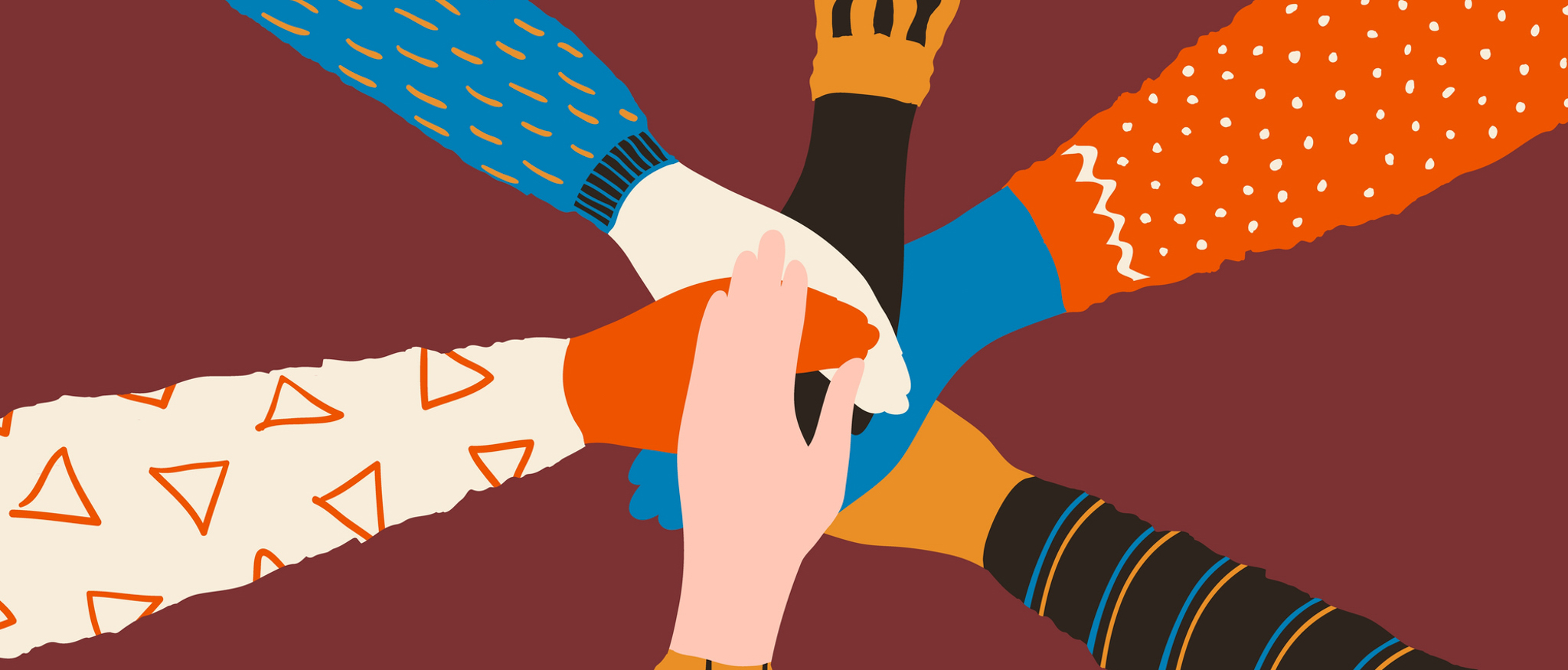
Transformative Educational Leadership Journal | ISSUE Spring 2023
Principal David Coats positions himself as a learner as he shares small changes his school is making to centre Indigenous knowledge systems. This piece will cause you to wonder what small steps you might take on this important journey.
By David Coats
I acknowledge that I am fortunate to be living, working, and playing on the unceded traditional territory of the Syilx Okanagan people.
Learning Journey
My learning journey began before Kindergarten, as I had four older siblings who helped me learn to read from Fun with Dick and Jane.
I grew up in a very White suburb of Toronto, with no idea of how privileged I was. I started Kindergarten in the fall of 1969 and loved going to school and learning. As Sarah Simpkin and I tied up the shoelaces for the kids in line in Mrs. Gifford’s Kindergarten, the seed of leadership was planted inside me.
54 years on, and I still love going to school and I still love learning!
Difficult Times in Education
This has been a very difficult time in education. Leadership has been much more about triage, and we have only lately been able to hold our assemblies, upon which I rely heavily to influence the culture of this building with the students. They also allow for the teachers to have collaboration time every other week. We have now hosted several community events after a two year hiatus.
People like to feel recognized, from guests at hotels, to students at school, to the parents of a student that I need to speak to. I have always tried to know the name of every student, as I wonder how can one feel they belong in a place if people don’t even know their name?
Our staff meetings have really shifted to working and learning together time, as much of the information and administrative bits have been moved to an email includes our agenda. It is so great to be meeting in person.
The TELP readings helped me feel that I can make a difference. There are times I question who am I to do this work, but then think there may be students who will go into leadership because of my influence.
The TELP sessions helped me align my thoughts in where I want to move this school. We are on the cusp of setting new learning priorities, and our Vice Principal Maria and I would like to base any work we do on the Four Food Chiefs, the First People’s Principles of Learning, and the Nine Big Questions from Will Richardson and Homa Tavangar. We must keep in mind the calls to action from the Truth and Reconciliation Commission.
Indigenization
There is a lot of talk about Indigenization, where we wear orange shirts once a year, and have a big celebration on June 21st. But instead of being a typical BC school with Indigenous elements, how could we become an Indigenous school that incorporates settlers?
We have begun unpacking one principle from the First People’s Principles each week in our weekly email to staff and now hold our staff meetings in a circle. I am learning some simple phrases in Syilx for our land acknowledgment in our daily announcements, and we are ordering bilingual signage for the school in English and Syilx. Every assembly now begins not just with the land acknowledgement, but also with the singing of the Okanagan song.
For years we have had four pods simply called A, B, C, and D, and while we wanted to name them after the Food Chiefs; Bear the Thinker, Bitterroot the Collaborator and Contributor, and Saskatoon Berry the Innovator, Salmon the Learner, we have paused while we consider cultural appropriation. We are, however, in the early stages of an outdoor playing and learning space that will reflect where we are.
We want to encourage Indigenous families to attend more regularly but know that we have to counter the negative school experiences for the parents and grandparents. Instead of expecting these children to fit into an outdated system, we need to alter the system to fit the needs of our community.
Combined with all the readings from this year, I realize that the most important work I can do is to effect the change I know is overdue. The work I must do in the next couple of years is to bring to life a new spirit to Springvalley that is based on the learnings of the people who have been here since time immemorial. It is about place. It is about where we are, and how to honour the group of people who host this large group of uninvited guests.


